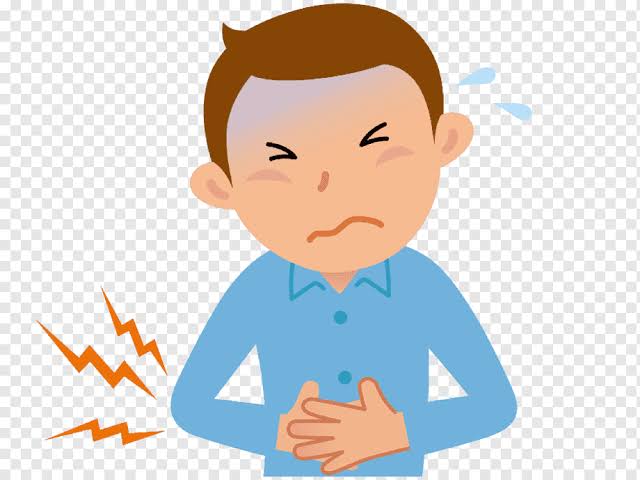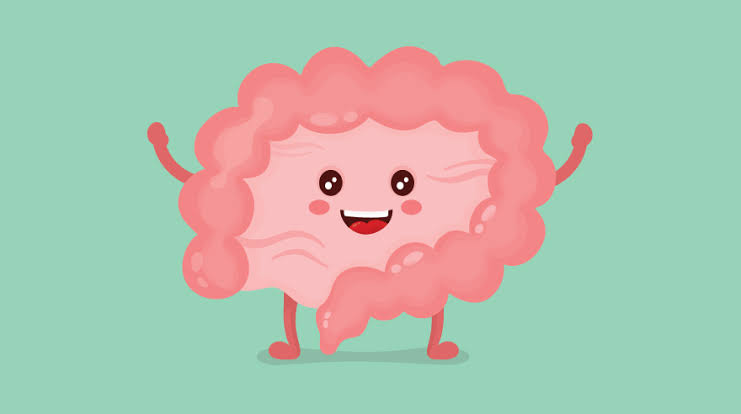Irritable bowel disease, or IBD for short, is a long-term digestive disorder that affects millions of people worldwide. Because they are distinct conditions, it is essential to distinguish IBD from IBS (Irritable Bowel Syndrome). There are two primary types of IBD: Crohn’s disease and Ulcerative Colitis. Chronic digestive tract inflammation is the hallmark of these conditions, which is accompanied by a variety of crippling symptoms.

Delving into IBD
It is essential to comprehend the pathology of IBD in order to comprehend how homeopathy can benefit IBD patients. Both Crohn’s disease and ulcerative colitis are caused by an erroneous immune response that attacks the digestive system. As a result, chronic inflammation develops, which can affect any part of the digestive system in Crohn’s disease or the colon and rectum in ulcerative colitis, respectively.
Unraveling the Causes and Risk Factors
IBD’s exact causes are still under investigation, but several factors are thought to play a role in its onset. Individuals who have a family history of IBD are more likely to develop the condition, so genetics play a significant role. Diet and lifestyle choices, for example, may also play a role. In addition, IBD-related inflammation can be triggered and exacerbated by a dysfunctional immune system.
Navigating the Stages and Types of IBD
There is no one-size-fits-all diagnosis for IBD. It can appear in a variety of stages and forms, each with its own set of particular characteristics. The disease may get worse over time and range in severity from mild to severe. To tailor treatment approaches, it is essential to comprehend these stages and types. Homeopathy, in particular, has been investigated as an alternative treatment option for IBD sufferers.
Recognizing the Signs and Symptoms
IBD symptoms can be upsetting and difficult to deal with in everyday life. Abdominal pain, diarrhea, rectal bleeding, weight loss, and fatigue are all common symptoms. These symptoms may vary in severity and combination depending on the individual. For effective management and treatment, accurate diagnosis is essential.
Investigations, Management, and Prevention of IBD
A comprehensive approach is necessary for effective management of IBD once it has been diagnosed. Diagnostic tests like colonoscopies and blood tests help doctors figure out how bad the disease is and how much of it there is. To alleviate symptoms and prevent flare-ups, general management may include a combination of medications, dietary changes, and lifestyle modifications. In addition, preventative measures such as reducing stress and avoiding trigger foods may be essential to managing IBD.
Differential Diagnosis for IBD
To avoid being misdiagnosed, it is essential to distinguish IBD from other gastrointestinal conditions. Diverticulitis, celiac disease, and even some infections can mimic IBD symptoms. As a result, thorough evaluation is essential. Individuals may investigate complementary treatment options, such as homeopathy, once an accurate diagnosis has been made.
Consultation with a Homeopathic Practitioner
It is essential to speak with a licensed homeopath before incorporating homeopathy into your IBD treatment plan. They will take a thorough case history, taking into account not only your physical symptoms but also how you feel and think. The key to developing a treatment plan that is tailored to your specific requirements is this comprehensive approach.
Homeopathic Medicines and their Applications for IBD
1. Mercurius Corrosivus: This is useful for IBD with dysentery, which is characterized by stools that are hot, bloody, slimy, and offensive. They also cause cutting pains and shreds of mucous membrane. Usually taken three times daily, three pills of 6C potency.
2. Colchicum: Colchicum is beneficial for IBD because it causes painful, sparse, jelly-like mucus in the stools and the sensation of the anus being torn open. Indicated for symptoms that get worse between sunset and sunrise. The usual dosage is 3-5 pills three times a day, with potency ranging from 3C to 30C.
3. Arsenicum Album: Effective for IBD with dark, offensive, and bloody stools and a passing stool sensation. Most of the time, it’s recommended for when symptoms get worse at night, after eating or drinking, or when you’re cold. The usual dosage, which is 3-5 pills three times per day, has potency ranging from 3C to 30C.
4. Phosphorus: Suitable for IBD with green mucus and frequent, debilitating diarrhea. It is a sign when symptoms get worse when you work hard or think hard, when you eat or drink warm food or drinks, or when the weather changes. The usual dosage, three times per day, is three pills with a potency of three to thirty centigrades.
5. Aloe Socotrina: Effective for IBD that causes jelly-like stools and rectal pain after a bowel movement. The usual dosage for this remedy, which ranges from 6C to 200C, is 3-5 pills three times per day.
6. Podophyllum: This plant is useful for IBD because it produces watery, profuse stools that frequently gushes and are often painless. indicated for symptoms in the early morning and in hot weather. Tincture – 6C is the strength that should be used, and the usual dosage is 3-5 pills three times a day.
7. Cinchona Officinalis: It is suitable for IBD because it produces yellow, undigested stools that are frequently painless. Typically, it is suggested for symptoms that get worse at night, after eating, in hot weather, or from certain foods. Tincture- 30C in potency, with 3-5 pills three times a day as the typical dosage.
8. Argentum Nitricum: Effective for IBD with watery, noisy, flatulent stools, often green, with shreddy mucus and abdominal distention. Indicated for symptoms worsening from warmth, at night, after sweets, or after emotional experiences. The potency recommended ranges from 3C to 30C, with a standard dose of 3-5 pills three times a day.
These homeopathic remedies can be considered as complementary options for managing IBD symptoms, but it’s crucial to consult with a qualified homeopathic practitioner for personalized guidance and treatment.
Supporting Your Gut Health
Notwithstanding homeopathic treatment, focusing on your eating regimen is fundamental while overseeing IBD. Some foods can help your gut health while others can make your symptoms worse. Consider the following dietary recommendations:
– Fiber: Foods high in fiber, like whole grains, fruits, and vegetables, can help regulate bowel movements. However, it is essential to determine what works best for you because some people with IBD may be sensitive to particular fibers.
– Probiotics: These “good” bacteria can help your gut flora be healthy. Think about including yogurt or kefir, two foods high in probiotics, in your diet.
– Omega-3 Fatty Acids: Omega-3 fatty acids, which are found in fatty fish, flaxseeds, and walnuts, have anti-inflammatory properties that may be beneficial to people with IBD.
– Hydration: It is essential to maintain adequate hydration to avoid becoming dehydrated, particularly during episodes of diarrhea. Good options are herbal teas and water.
– Individualized Diet: Keep a food diary to find foods that make your symptoms worse and are a trigger. Focus on a diet that meets your specific requirements as opposed to what works for one person.

Conclusion: Guide your Gut
In conclusion, IBD is a complicated and difficult condition that requires a multifaceted treatment strategy. Keep in mind that IBD affects everyone differently. One person’s preferences may differ from another’s. The most important thing is to collaborate closely with your doctor to create a customized treatment plan that takes into account your individual requirements. As part of that plan, look into options like homeopathy.
You can improve your quality of life by taking a comprehensive approach to managing your IBD that includes dietary modifications, stress management, and complementary therapies. Always talk to your medical team to make sure you are making the best decisions for your condition and getting the best care possible.
Reach out to us for a Consultation
For any queries, reach out to us at contact@homeopathic.ai
This blog is for information purposes. It’s crucial to note that while homeopathy is a centuries-old practice with many adherents worldwide, always consult a qualified homeopath or medical professional before initiating any treatment.





